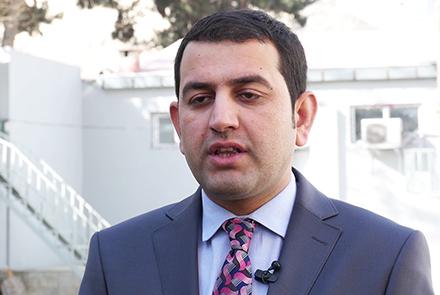Office from the Attorney General’s Office (AGO) on Tuesday said the ongoing crisis in the country has left significant impacts on people’s access to justice as it deters prosecutors to serve in districts where security remains fragile.
Sources within government have confirmed that half of Afghanistan’s population have no access to prosecutors.
The AGO spokesman Jamshed Rasuli said prosecutors prefer to work in center of provinces instead of working in districts with security risks.
“With consideration of security and safety of our colleagues and employees, we prefer that their activities are done from center of provinces or neighboring districts instead of working in districts with security threats,” said Rasuli.
Meanwhile, officials from the Ministry of Interior (MoI) said government has no control over nine districts while 15 districts are faced with high security threats.
The MoI spokesman Najib Danish said prosecutors are faced with high security problems in at least 25 districts.
He urged prosecutors not to make excuses in districts with medium security problems.
“All government institutions such as departments of education are working in districts with medium security threats Prosecutors can consult us if they have any problem in this respect,” Danish said.
The absence of legal and judicial institutions in insecure regions have also forced the people either to consult local councils for resolution of their disputes or take their legal woes to the Taliban.
“Lack of activities of legal and judicial institutions in districts will paralyze the relevant district, the province and the entire (judicial) system,” said Assadullah Saadati, an MP.
The statements come at a time that the National Unity Government under President Ashraf Ghani and CEO Abdullah Abdullah recently pledged to adopt innovative approaches in promoting rule of law in the country, a commitment Afghans cast doubts on it.


